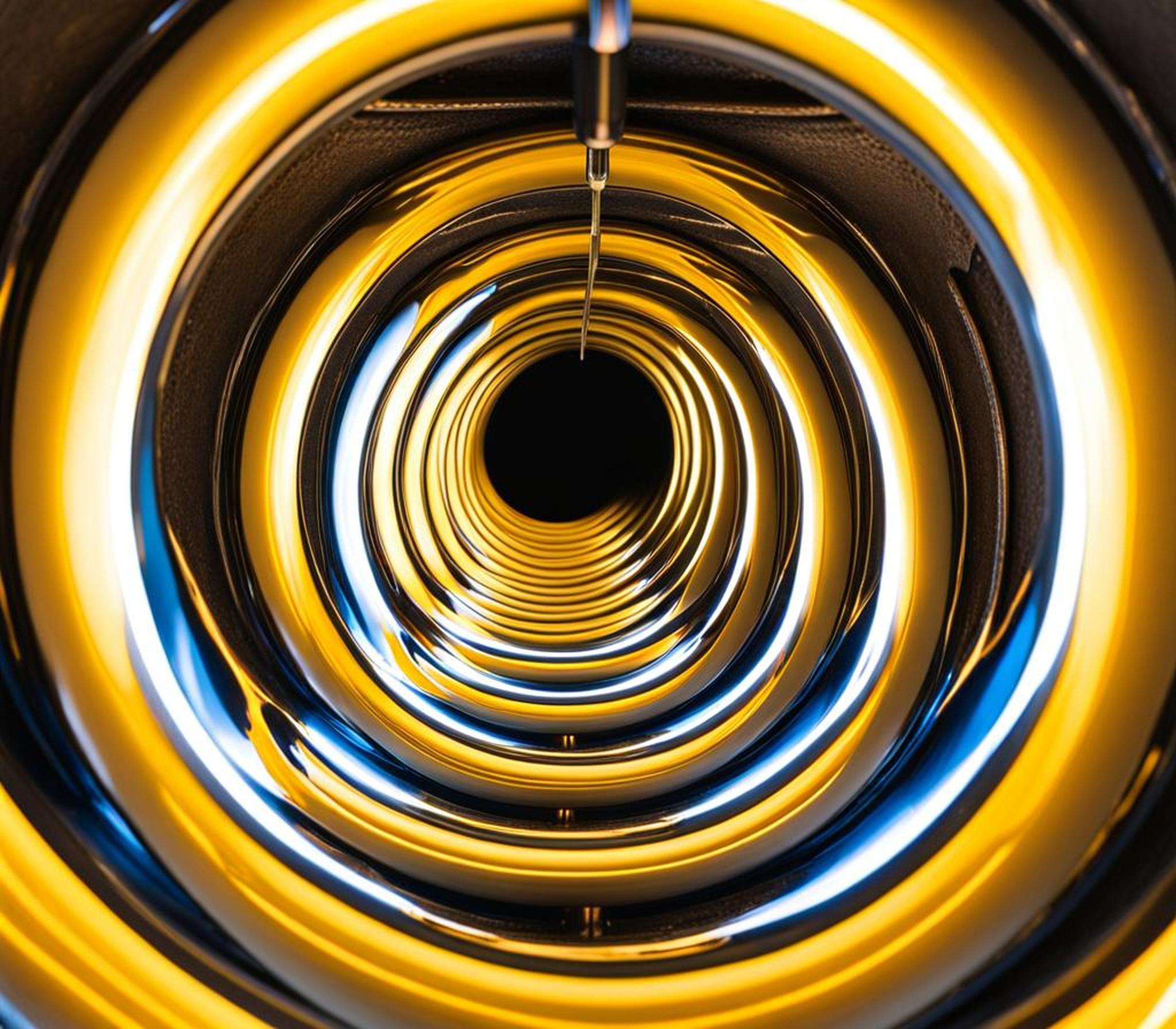Is your water moving slower these days? Do you notice more gurgling noises from your sinks? If so, you may have a calcium clog.
Calcium and mineral deposits can secretly build up inside pipes, causing major drainage disasters. But don’t panic – destroying drain-clogging calcium scale is possible with some simple solutions.
What Causes Hard Water Buildup in Pipes?
The minerals calcium and magnesium are commonly found dissolved in water supplies. Areas with aquifers high in these minerals suffer from “hard” water.

While these nutrients won’t hurt you, they don’t evaporate from water easily. As hard water moves through your pipes and fixtures, minerals attach and accumulate.
Why Calcium Scale Occurs
Calcium and magnesium both react with carbonates and bind to form limescale. This chalky white buildup keeps stacking up over time.
Eventually, flow gets reduced until you have a slow-moving or completely clogged drain.
Signs of a Clogged Drain from Mineral Deposits
How do you know if you have calcium or limescale accumulation?
- Water drains slower
- Gurgling noises from pipes
- Visible white mineral deposits around drains or fixtures
- Clogged drains and toilets
- Skin irritation after showering or bathing
- Stained dishes, laundry, and sinks
If ignored too long, major pipe damage can also occur. But catching buildup early can let you revive your pipes quickly.
Removing Existing Calcium Blockages with Drain Cleaners
Want to get rid of that slow-flowing drain today? Here’s a safe, effective DIY method for clearing pipes fast.
Baking Soda, Vinegar, and Boiling Water Treatment
For this simple calcium removal trick, you’ll need:
- 1 cup baking soda
- 1 cup vinegar (white or apple cider)
- A kettle of boiling water
Safety gear like gloves and goggles is also a smart precaution. Then, simply:
- Pour the baking soda down the affected drain first
- Follow with the vinegar and let fizz for 5-10 minutes
- Finish by pouring the boiling water down
The chemical reaction helps break down scale so it rinses cleanly away. For best results, flush with hot water after.
Preventing Pipe Corrosion from Cleaners
While handy for occasional use, acidic drain cleaners can damage pipes with repeated use. Prevent corrosion by:
- Choosing non-acidic cleaners when possible
- Limiting vinegar, lemon juice, etc. to small amounts
- Rinsing thoroughly afterward with hot water
Stopping Hard Water Calcium Before It Starts
Preventing buildup in the first place is the best medicine. Installing a whole house water softener removes water hardness.
Salt-free softeners like those from NuvoH2O also work without chemicals. If buying a system isn’t realistic right now, try these tips:
- Install sink aerators and showerheads that resist mineral deposits
- Choose laundry detergent for hard water areas
- Use a pitcher water filter for drinking and cooking
- Wipe down fixtures and shower walls frequently to clear soap scum
- Pour hot vinegar or lemon juice mixes down drains weekly
Pay attention for signs of slowing or backups even after cleaning. Catching clogs quickly makes removal much easier.
FAQs: Calcium Buildup in Drains
Is calcium buildup normal?
Some calcium scale accumulation happens in most plumbing over time. But heavy buildup indicates very hard water, often over 10 grains. Softening systems help lower levels.
Can I use other acids besides vinegar?
Citric acid cleaners dissolve calcium, though vinegar is the most common homemade option. Only use commercial drain acids occasionally since acidic mixes corrode pipes and fixtures with repeated use.
Softeners prevent new calcium scale by removing water hardness minerals. But they don’t clear existing clogs on their own. You’ll need to use drain cleaning methods first to clear deposits.
